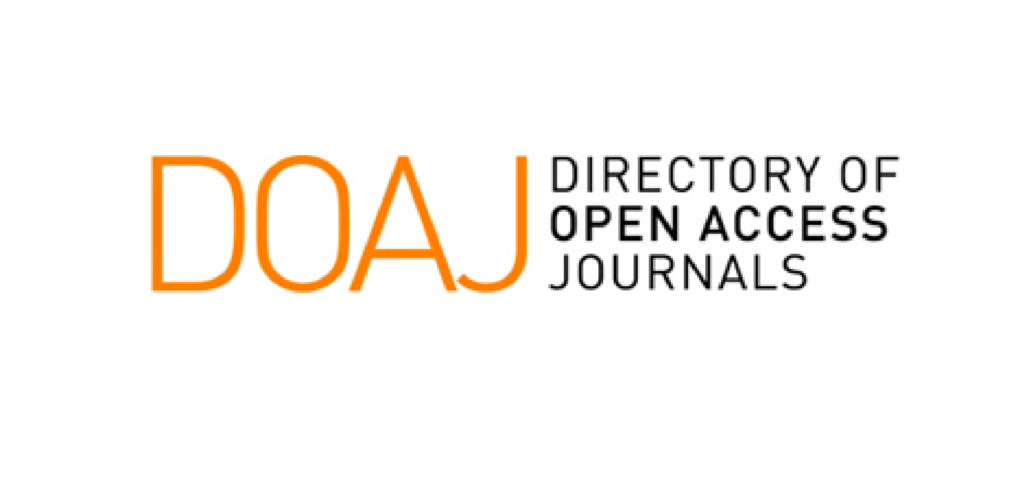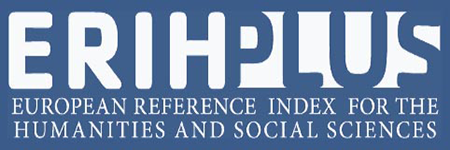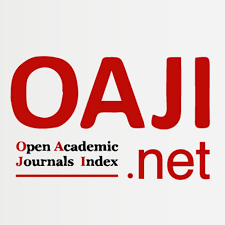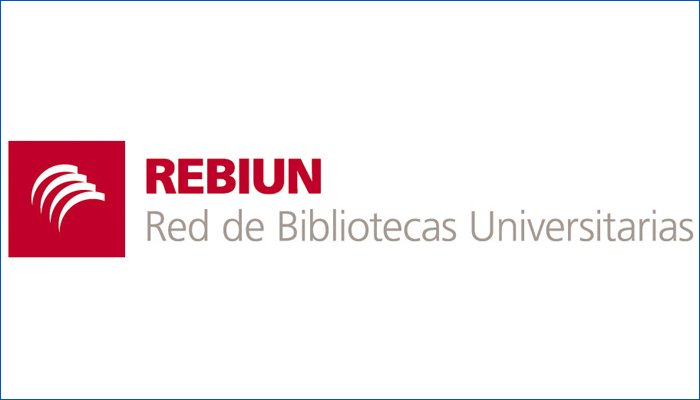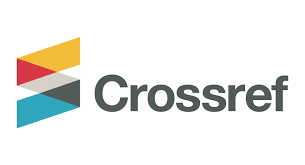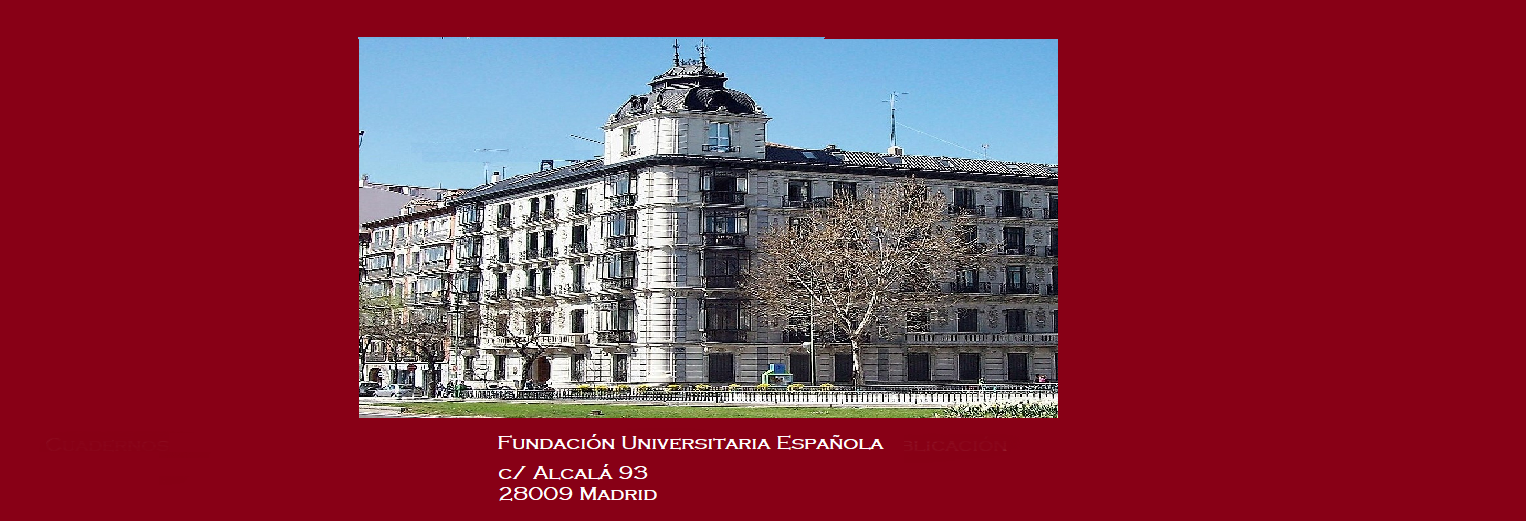
Ethics and malpractice policy
The journal CUADERNOS PARA LA INVESTIGACIÓN DE LA LITERATURA ESPÁNICA as an international journal of excellence is inspired by the ethical code of publications prepared by the Committee on Publication Ethics (COPE) and aimed to editors, referees and authors. http://publicationethics.org/resources/code-conduct
The Publication Ethics and Malpractice Statement supports the combined efforts by authors, members of the editorial board and the scientific committee, and reviewers to produce a responsible scientific publication.
This statement is based on ethical principles that generally follow the lines established by the Committe on Publication Ethics (COPE).
1. Authors’ responsibilities
Manuscripts submitted for publication must be based on original, unpublished research. They must include the data obtained and used, as well as an objective discussion of the results. They must supply enough information to allow any specialist to reproduce the research and confirm or refute the interpretations defended in the manuscript.
Authors must be aware of and refrain from engaging in scientific misconduct, breaching publishing ethics.
Authors should present their results clearly, honestly, and without fabrication, falsification, or inappropriate data manipulation.
All authors must ensure that the data and results reported in the manuscript are original and have not been copied, fabricated, falsified or manipulated.
Plagiarism in all forms, multiple or redundant publication, as well as invention or manipulation of data constitute serious ethical failings and are considered scientific fraud.
Authors should provide appropriate authorship attribution and acknowledgement. Authors must refrain from deliberately misrepresenting a scientist’s relationship with published work. All authors must have significantly contributed to the research.
Authors must indicate the journal when they have a direct or indirect conflict of interest with editors or members of the Editorial board or International scientific committee.
No significant part of the article must have been previously published either as an article or as a chapter, or be under consideration for publication elsewhere.
If authors discover a serious mistake in their manuscript, they must report this to the person responsible for the journal as soon as possible, in order to modify, withdraw, or retract the manuscript, or to publish a correction or erratum notice.
If the Editorial Board detects the potential error, they authors must ten demonstrate that their manuscript is free from error.
Authors are obliged, for all materials submitted, to participate in a peer review process and to follow publication conventions.
2. Editors’ responsibilities
The Editorial Board will be impartial when handling submitted manuscripts proposed for publication and must respect the intellectual independence of the authors, who must be given the right of reply if they receive a negative review.
Members of the Editorial Board are obliged to maintain confidentiality about the submitted manuscripts and its contents until they have been accepted for publication. Only then, their title and authorship may be communicated.
Furthermore, no member of the Editorial Board may use data, lines of reasoning or interpretations in unpublished works for their own research, except with the author’s own written consent.
2.1. Publication decision
All contributions will be initially assessed by the journal’s Editorial Board. The Editorial Board is solely and independently responsible for selecting, processing, and deciding which of the articles submitted to the journal meet the editorial goals and could thus be published. Each paper considered suitable is sent to two independent peer reviewers who are experts in their field and able to assess the specific qualities of the work. The editor is responsible for the final decision regarding whether or not the paper is accepted or rejected.
The decision to publish a paper will always be measured in accordance to its importance to researchers, practitioners, and potential readers. Editors should make unbiased decisions independent from commercial considerations.
Editors who make final decisions about manuscripts should withdraw from editorial decisions if they have conflicts of interest or relationships that pose potential problems concerning articles under consideration. The responsibility of the final decision regarding publication will be attributed to an editor who does not have any conflicts of interest.
2.2. Peer review
Each article submitted is the responsibility of one member of the Editorial Board or of the international scientific committee, who undertakes to have it evaluated by two peers who are experts in the field and who evaluate it anonymously.
Reviewed articles are treated confidentially by editorial board members, members of the international scientific committee, and reviewers.
The Editorial Board will assess and acknowledge the input of all those involved in the review of the manuscript submitted to the journal. It will also encourage academic authorities to acknowledge peer review activities as part of the scientific process, and should decline reviewers whose submit reports that are of poor quality, improper, disrespectful or that are delivered after the agreed deadline.
2.3. Identifying and preventing misconduct
In no case shall a journal and members of the Editorial Board and international scientific committee encourage misconduct of any kind or knowingly allow such misconduct to take place.
Members of the Editorial Board and international scientific committee shall try to prevent misconduct by informing authors and reviewers about the ethical conduct required of them.
Members of the Editorial Board, scientific committee, and reviewers are asked to be aware of all types of misconduct in order to identify papers where research misconduct of any kind has or seems to have occurred and deal with the allegations accordingly.
In case of misconduct, the journal editor is responsible for resolving the issue. He or she can work in conjunction with the other co-editor, members of the Editorial Board and scientific committee, peer reviewers, and experts in the field.
The issue will be documented accordingly. All factual questions should be documented: who, what, when, where, why. All relevant documents should be kept, in particular the article(s) concerned.
The journal editor shall contact the author or publication involved, either the author submitting or another publication or author. The author is thus given the opportunity to respond to or comment on the complaint, allegation, or dispute.
In the event that misconduct has or seems to have occurred, or in the case of needed corrections, the Editorial Board deals with the different cases by following the appropriate COPE recommendations.
Great care will be taken to distinguish cases of honest human error from deliberate intent to cheat.
The editorial board will consider retracting a publication in case of misconduct, issuing an expression of concern in case of inconclusive proof of misconduct; or issuing a request for the correction of a misleading segment.
3. Reviewers’ responsibilities
All reviewers must know and keep in mind the Editorial policy and Publication Ethics and Malpractice Statement.
The journal requires potential reviewers to have scientific expertise or significant work experience in a relevant field. They must have recently conducted research and/or work and have recognized expertise by their peers. Potential reviewers should provide personal and professional information that is accurate and that gives a fair representation of their expertise.
All reviewers must likewise withdraw if they know they are unqualified to evaluate a manuscript, if they feel their evaluation of the material will not be objective, or if they understand themselves to be in a conflict of interest.
Reviewed articles are treated confidentially by reviewers and members of the Editorial Board and international scientific committee.
Reviewers should point out relevant published work which has not yet been cited in the reviewed material. If necessary, the editor may issue a correction request to this effect.
Reviewers are asked to identify papers where research misconduct has or seems to have occurred and inform the Editorial Board, which will deal with each case accordingly.
4. Conflict of interest
Members of the Editorial Board and reviewers shall withdraw in any case of conflict of interest with an author or authors, or with the content of a manuscript to be evaluated.
The journal shall avoid all conflict of interest between authors, reviewers, and members of the Editorial Board and scientific committee.
The editors and reviewers should withdraw from making decisions if:
- There is a direct-reporting relationship between an author and a reviewer.
- There is recent, significant professional collaboration between reviewers and authors.
- An editor or reviewer is a collaborator on the project that is being submitted.
- The editor or reviewer has a financial interest in a company or competing company with a financial interest in the submission.
- The editor or reviewer believes that he or she cannot be objective, whether due to personal reasons or a financial interest otherwise not covered in the policy.
5. Code of ethics
CILH belongs to the Fundación Universitaria Española, and therefore pursues its own goals and values, contributing to them through the publication and dissemination of scientific research. Each author declares to be responsible for the text and its originality and accepts the ethical responsibilities incurred. If necessary, they can make a declaration of conflict of interest.
DUTIES OF THE EDITORS
- Publishing decisions: Editors are responsible for the final decision to publish manuscripts received by the journal. Original works will be evaluated impartially and without regard to the gender, sexual orientation, religious beliefs, ethnic origin, nationality or political ideas of the authors. The decision to publish a manuscript will be based on the importance of the article itself, its originality and clarity, as well as the validity of the study and its relevance to the purposes of the journal. Works will comply with legal requirements related to the good name of individuals and institutions, copyright, and plagiarism.
- Confidentiality: Editors and members of their editorial boards may not disclose information about manuscripts received to anyone not involved in the publishing process, and always to fulfill the purpose of their task.
- Equality: Editors are committed to continuing to encourage the participation of female researchers on equal terms in the governing and management bodies of the journal. In addition, in their preliminary approval of articles submitted for publication in the journal, the Editorial Board will take these principles into account. Likewise, editors are committed to ensuring gender parity in contributions to those sections of the journal that are fixed and not open to the entire scientific community: Presentation, FUE Papers, and Menéndez Pelayo Seminar News.
- Conflict of interests: Unpublished materials from the journal will not be used by editors for their own research.
- Certification: Editors are committed to diligently certifying the work done by their collaborators. Reviewers of articles will receive a certificate of their work that refers to the number of their contributions, maintaining the anonymity of the article and author they have reported on.
DUTIES OF THE REVIEWERS
- Cooperation with editorial decisions: Expert evaluation of received manuscripts aims to help editors in the selection of manuscripts for publication and contribute to the quality of the journal by advising on the selection of articles that will be part of the journal.
- Compliance with deadlines: Any expert selected to evaluate a manuscript who does not consider themselve competent or cannot meet the deadlines must notify the editors.
- Confidentiality: Manuscripts received for evaluation should be treated as confidential documents. They should not be used or discussed publicly.
- Gender equality: Evaluators will indicate in their reports if they detect any type of discrimination in the treatment of the contents or in the author's positioning. If the article promotes inequality, it may be rejected.
- Objectivity and rigor: Evaluators will perform their work objectively and constructively. Any observation will be made in a clear and reasonable manner, in order to improve the original. Evaluators should indicate the existence of published works that are not cited in the original so that the author can add them. It is also their task to point out those observations or data in the article that require citation of bibliographic sources. For the same rigor, they should inform the editors of any significant overlap or similarity between the work under review and other previous publications.
- Conflict of interest: The evaluator will reserve confidentially the content of the original, even in their own research. They should not evaluate those manuscripts with which they have a conflict of interest due to personal relationship or competitive interest.
DUTIES OF THE AUTHORS
- Compliance with quality requirements: The authors are responsible for obtaining the corresponding permissions to partially reproduce material (text, tables or figures) from other publications and correctly cite their origin. The opinions expressed in the published articles are the responsibility of the authors. The manuscript must have detailed references so that other authors can sufficiently reproduce the research and verify the results.
- Originality, plagiarism, and sources: Manuscripts must be original works, in which reference will be made through relevant citations to the work of other authors. It is also necessary to cite and refer to the works of authors who have been decisive in defining the nature and objectives of the work.
- Multiple publications: Manuscripts that have already been published or are in the process of being evaluated in other journals should not be submitted. in case of conflict the Editorial Team of the journal will be obliged to informe the institutions involved.
- Acceptance of editorial decision: Preliminary acceptance by the editors will not be definitive if external specialists recommend rejection of the manuscript.
- Authorship of the article: It should be limited to people who have contributed significantly to the conception, development, or interpretation of the work. All persons who have done so must be listed as co-authors, and an initial note in the article must specify what each person's contribution has consisted of.
- Gender equality: In the case of a joint contribution, the order of authors' signatures will be determined by their degree of contribution. The author with the greatest weight in the realization of the work will be the first signer, regardless of their gender. In any case, authors must bear in mind that their contribution must respect egalitarian principles and avoid any kind of discrimination.
- Declaration of sources of funding: In a footnote at the beginning of the original, authors must declare the sources of funding for their work.
- Transmission of rights: The authors transfer the rights of the work for its publication in CILH.
- Promotion of the article: The authors undertake to promote their own contribution, in accordance with the provisions of point "5. Copyright and promotion of articles," below.






